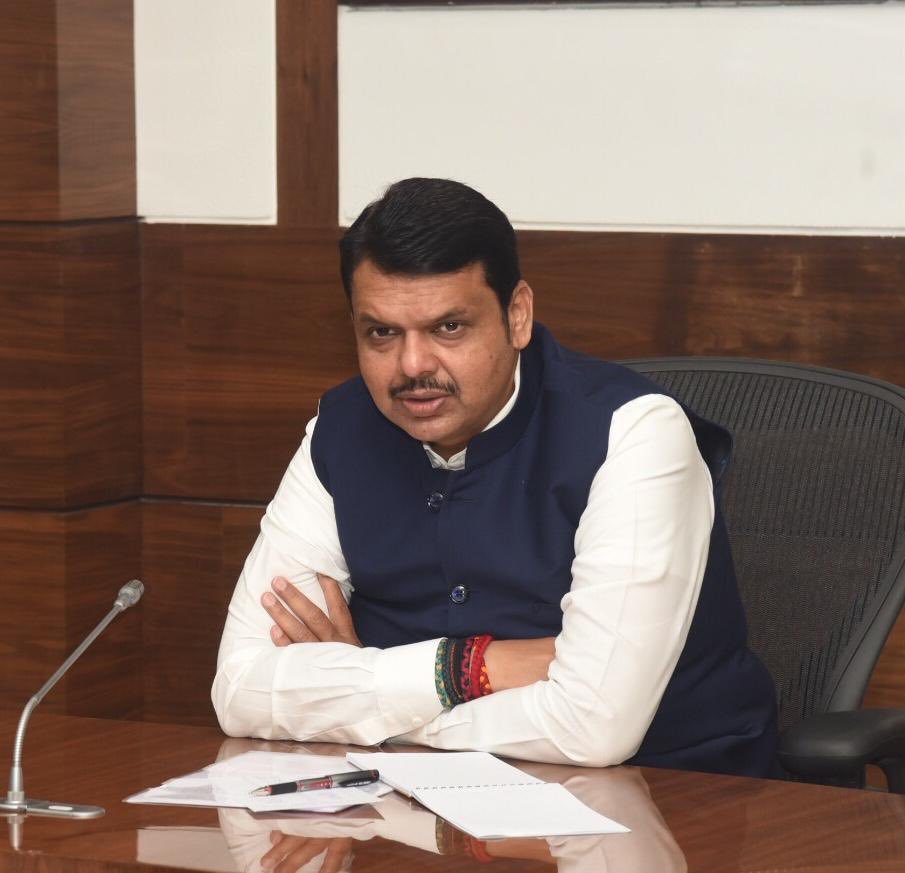
Fadnavis role raises the question: What exactly does a Deputy CM do?
Deputy CM is not a constitutional post. It is rather a political post and reflects the political compulsion and importance of the individual or party holding it

With Devendra Fadnavis being appointed deputy chief minister in Maharashtra’s new Eknath Shinde-led government, the question arises: What’s the role of a deputy chief minister in the functioning of a state government?
In fact, the deputy chief minister isn’t a special rank in the government and holds the rank equal to a cabinet minister. And there could be many cabinet ministers in government. Only thing that the post of deputy CM does is that it differentiates one from the rest of the cabinet in public eye – in that sense, it is popularly considered to be No. 2 in hierarchy.
Also read: BJP celebrates return to power, but Fadnavis gives the party a miss
It can be said that the post of the Deputy CM is a political post and reflects the political compulsion and importance of the individual or party holding the post.
Equal in rank to cabinet minister
Unlike the posts of chief minister and cabinet ministers, that of a deputy chief minister is not a constitutional post. It is equivalent to the rank of a cabinet minister in the state and enjoys pay and perks that a cabinet minister is entitled to. Cabinet ministers get tax-free pay and perks and so does a deputy chief minister.
More than the post, it is the nature of portfolios allocated to a deputy chief minister that decides how much weight the person carries in the cabinet. Chief ministers are often seen to keep most of the important portfolios with themselves. If it’s a collation government, then senior leaders of the largest coalition partner usually get finance and revenue.
In a state government, besides the general administration, the two top portfolios – vigilance and home – remain generally with the chief minister. The power of transfer-postings of the Class I officers also solely lies with the chief minister.
Piquant situation in Maharashtra
Generally, the deputy CM gets a portfolio or two, as any other cabinet minister. The leading party or the one with larger numbers also tries to keep with it most important portfolios of finance and revenue.
In that sense, the situation in Maharashtra today is piquant. The CM, Eknath Shinde, has smaller number of MLAs with him while the deputy CM, BJP’s Devendra Fadnavis, belongs to the largest party in the assembly. The allocation of portfolios thus will be interesting to watch.
In the matters of administration too, the deputy chief minister holds no authority to see the files earmarked for the chief minister. In fact, the deputy chief minister is required to route all files pertaining to the portfolios allocated to her to the chief minister for clearance.
No special financial powers
The deputy CM also does not enjoy any specific financial power. He holds the same financial powers as other cabinet ministers. Even for his own portfolio, the deputy CM has to take approval of the chief minister for any expenditure over and above the allocated budget.
Also read: ‘New Maharashtra government formed by ED’: Fadnavis’ cheeky comment
The deputy chief minister also cannot claim to preside over a cabinet meeting on his own or issue direction to departments other than allocated to him by the chief minister.
Even in oath-taking, the Constitution or convention does not provide for a separate oath for the deputy chief minister or deputy minister.ith Devendra Fadnavis being appointed deputy chief minister in Maharashtra’s new Eknath Shinde-led government, the question arises: What’s the role of a deputy chief minister in the functioning of a state government?

